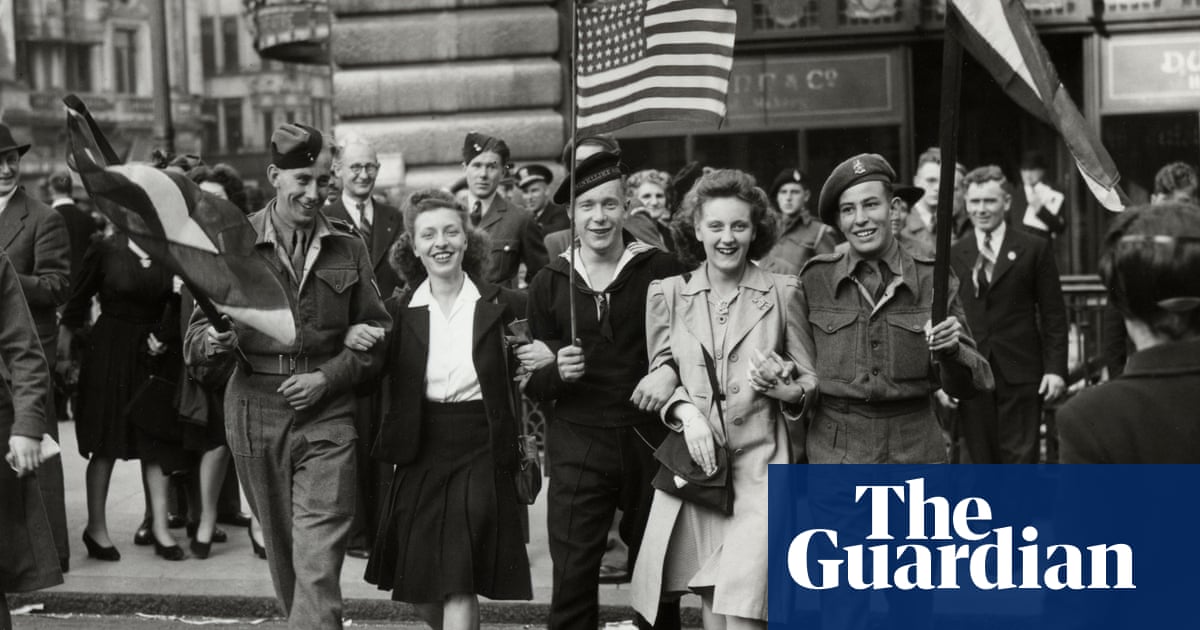The article commemorates the 80th anniversary of VE Day, marking the end of World War II in Europe. It emphasizes both celebration and reflection on the profound loss experienced during the war, inviting readers to share their personal memories and photographs. This call for contributions serves multiple purposes beyond mere commemoration.
Purpose and Community Engagement
This piece aims to foster community engagement by encouraging individuals to share their personal stories and artifacts related to VE Day. By asking for memories and photographs, the article seeks to create a collective narrative that honors both the celebratory and somber aspects of this historical event. This engagement can help bridge generational gaps, allowing younger audiences to connect with the historical significance of VE Day.
Emotional Resonance
The article highlights the nuanced emotions surrounding VE Day—while many celebrate the victory, it also serves as a reminder of the significant losses endured during the war, particularly among civilian populations. This duality is likely intended to evoke a sense of empathy and reflection among readers, encouraging them to remember the sacrifices made.
Transparency and Privacy
The repeated mention of privacy and the handling of personal information suggests a focus on ethical engagement. Inviting readers to share their stories while emphasizing the importance of consent and anonymity can build trust. However, the mention of WhatsApp and SecureDrop indicates a modern approach to communication, which may appeal to a tech-savvy audience.
Manipulative Elements
While the article does not appear overtly manipulative, the emotional framing around remembrance and loss may influence how readers perceive the importance of sharing their stories. The language used encourages participation, which could be seen as a way to drive home the significance of collective memory. However, this approach is not inherently negative; it reflects a broader cultural effort to remember and honor past experiences.
Authenticity of the Information
The data regarding the estimated death toll during the war adds a factual basis to the narrative, grounding it in historical reality. The call for personal stories adds a layer of authenticity, as it seeks to gather firsthand accounts from those who lived through the era or their descendants.
Cultural and Societal Impact
The article has the potential to strengthen community bonds by encouraging discussions about history and memory. It may also stimulate interest in historical research and education about World War II, particularly among younger generations. This could lead to increased participation in commemorative events and discussions about the war’s legacy.
Target Audience
The call for stories is likely aimed at a broad audience, including older individuals who experienced VE Day, their families, and younger generations interested in history. This inclusive approach can foster a sense of belonging and shared heritage.
Market Influence
While the article itself may not directly influence financial markets, the commemoration of historical events can impact public sentiment and cultural narratives, which in turn can affect sectors related to education, tourism, and heritage conservation.
Geopolitical Relevance
In the context of current global tensions, the article serves as a reminder of the importance of peace and reconciliation. Commemorating VE Day can resonate with ongoing discussions about nationalism, conflict resolution, and international cooperation.
Use of AI
It is plausible that AI tools were used to assist in drafting or analyzing the article's language and structure. However, the overall tone and intent appear to be human-driven, focusing on emotional resonance and community engagement.
The article is primarily trustworthy due to its factual grounding in historical data and its ethical approach to soliciting personal contributions. However, readers should remain aware of the emotional framing used to encourage participation, which can subtly influence perceptions.
